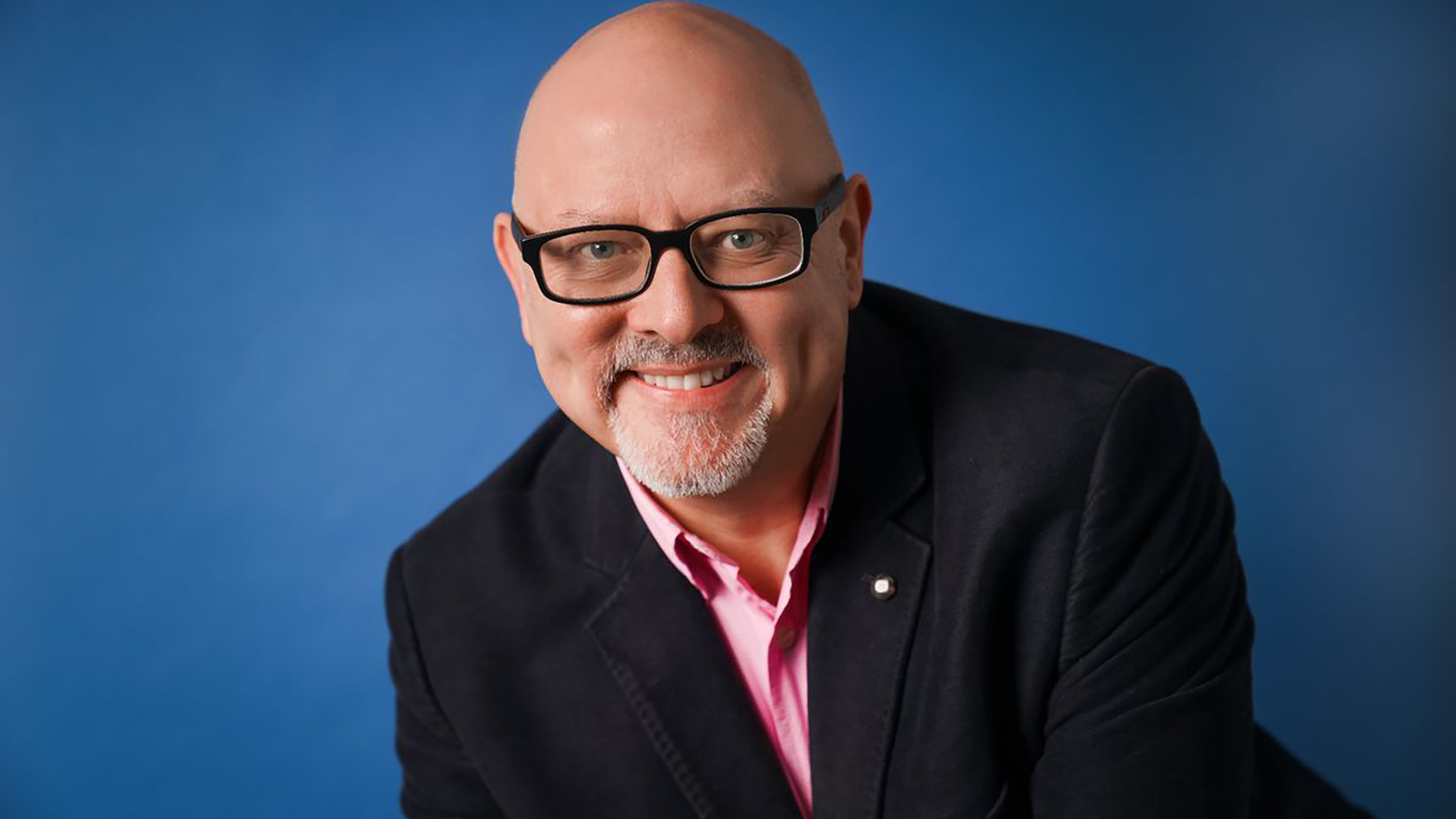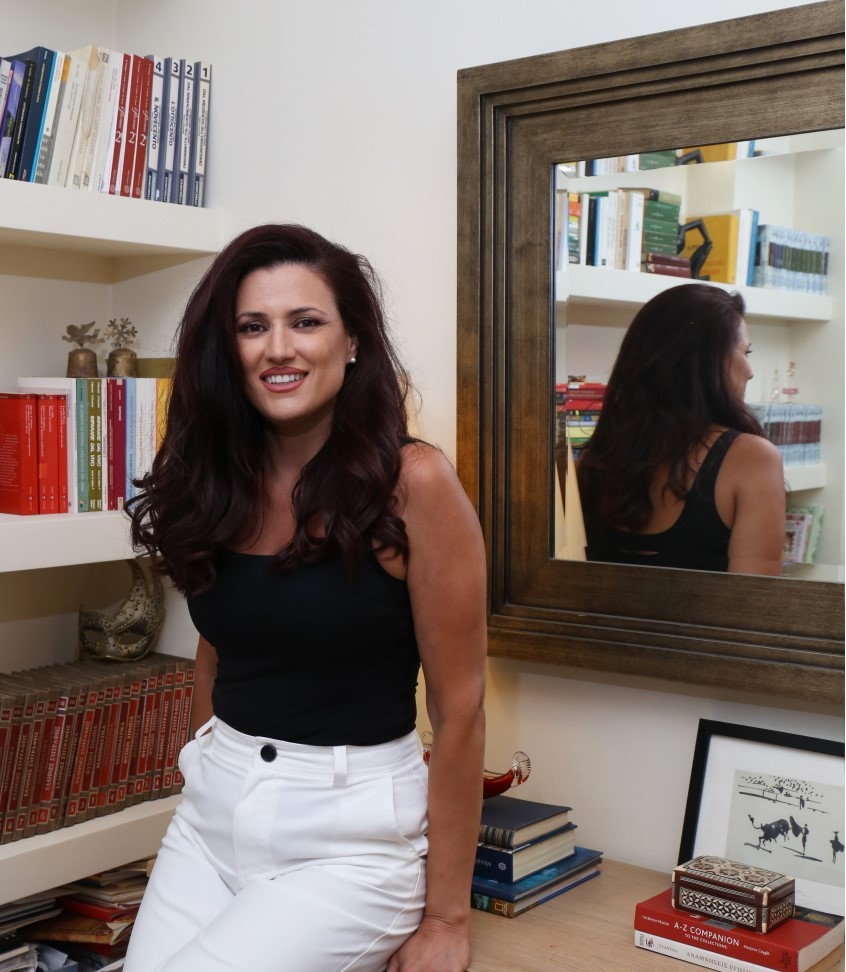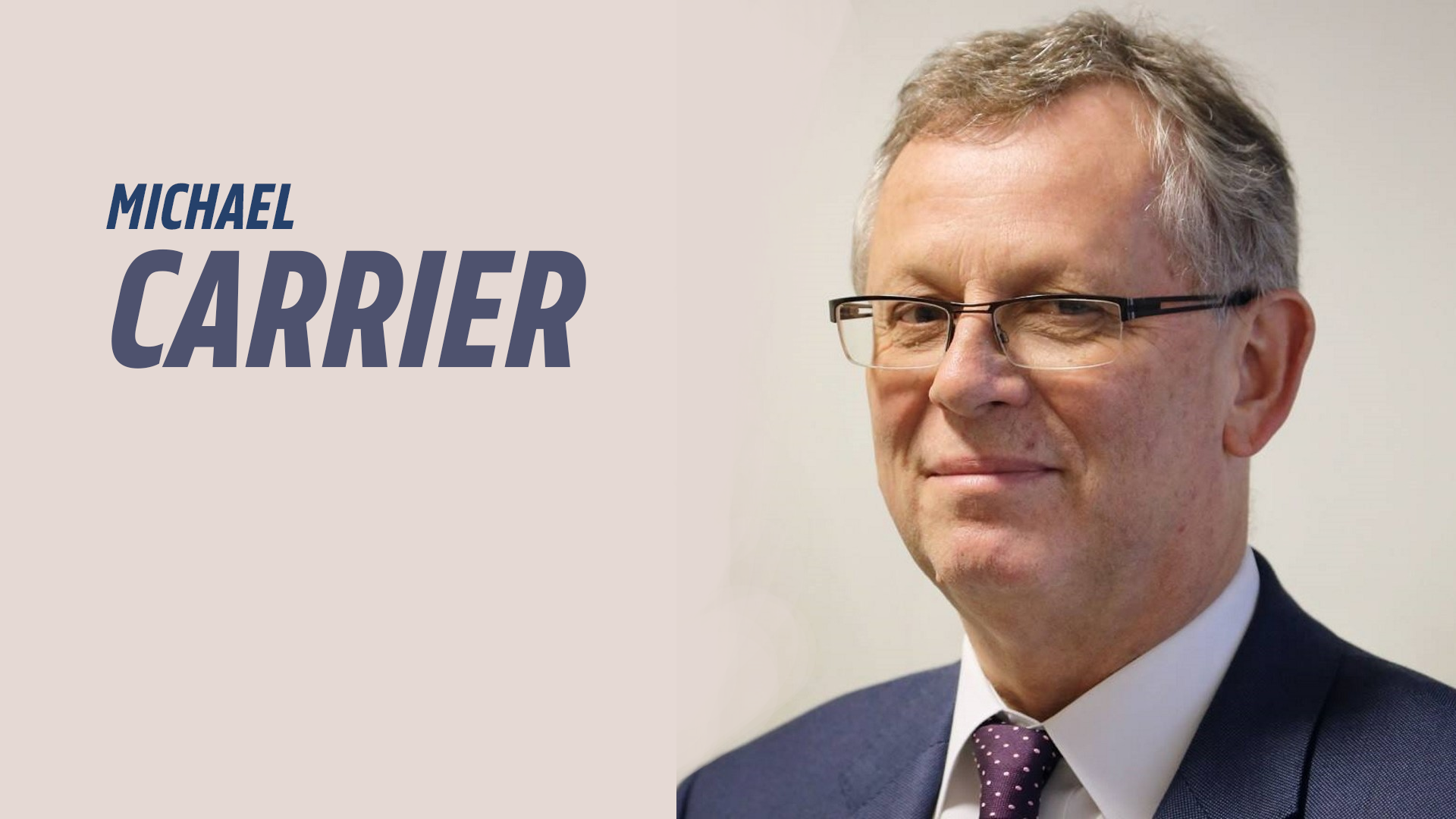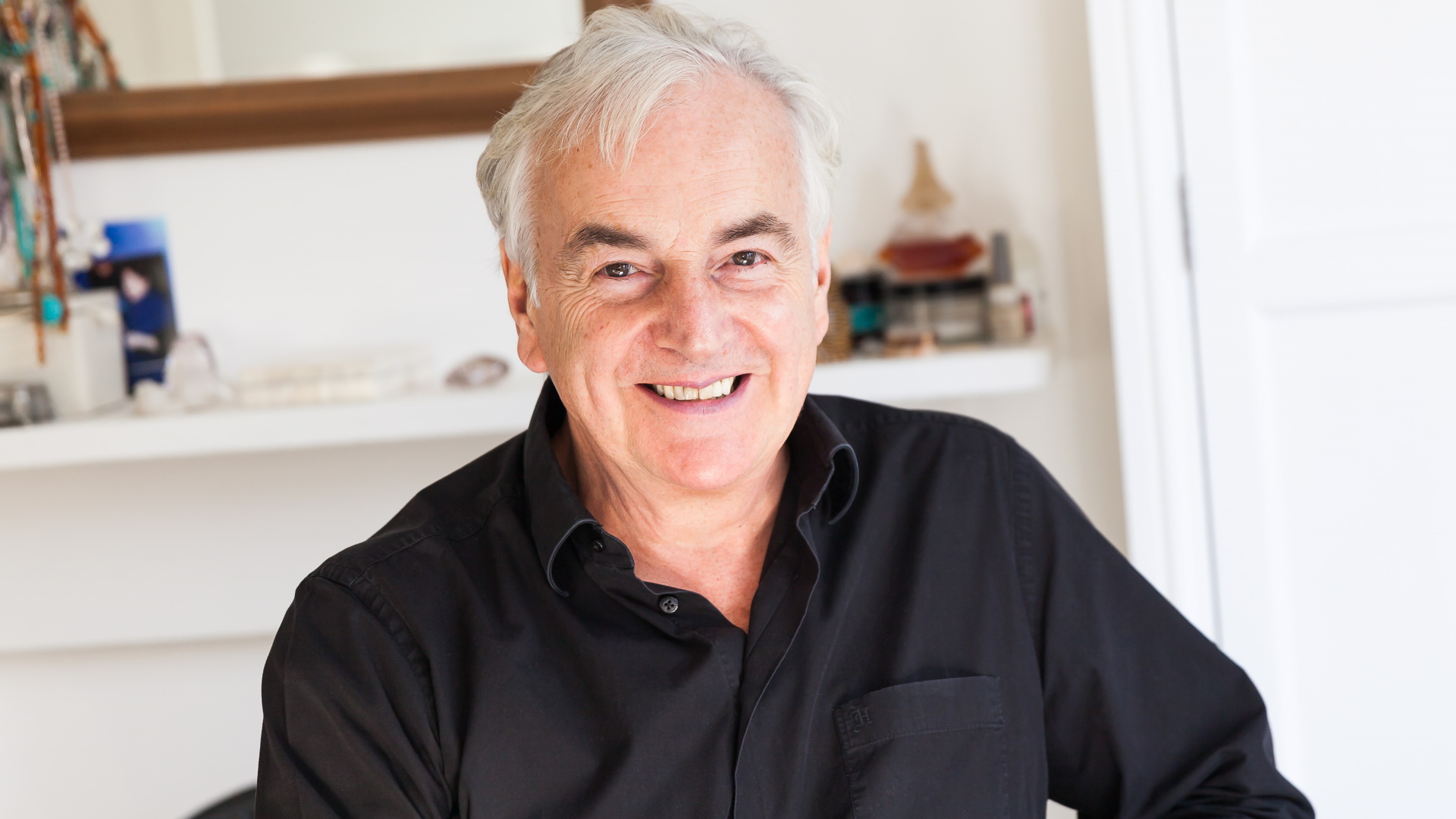Stephen John Taylor is a Teacher/Examiner Trainer, Academic Consultant and Presenter. A graduate of Lancaster University (UK), he holds an M.A.in Applied Linguistics. In addition to his long-standing professional relationship with the University of Cambridge, his career path has encompassed the British Civil Service, the National Literacy Programme, the UK Department of Education, the University of Patras (KORAIS dictionary), and TES, where he currently holds the post of Senior Translator. He has over 30 years’ experience in preparing candidates for Cambridge English Qualifications and is an expert in IELTS and OET. His particular interest is in empowering language learners and teachers to achieve their full potential. He is a permanent resident of Greece, married with one son, and currently discovering the quirkiness of cats.
You’ve been professionally active in TEFL for over 30 years. What initially drew you to the field, and what has kept you engaged for so long?
Essentially, my deep love of the English language. Words, and the magic that happens when you put them together in certain combinations and situations, have always enthralled me. I studied English Literature and Sociolinguistics at university back in the UK, taught EFL summer school classes in my final year, and then post-graduation taught adult literacy classes at night school, the diverse experiences of which suggested that teaching might indeed be my vocation. I went on to do a teaching degree with practice in several inner-city schools, and this had a strong EFL element running through it. The inevitable next step was to teach abroad, and in this wonderful land that is Greece it is the veritable diversity of options associated with the field that have kept me perpetually engaged with TEFL.
As a researcher for the KORAIS dictionary project, what was your role, and how did this experience shape your understanding of language learning?
I worked on the KORAIS dictionary at the University of Patras as a specialist external collaborator over a period of 2-3 years, my role being to check the accuracy of initial translations, and to provide appropriate supportive examples. This necessitated weekly sessions at the Wire Communications Laboratory (WCL) working with a small team from the Speech and Language Processing Group; interestingly, the WCL had played a significant role in developing the framework for the Collins Greek English Dictionary in wide use at the time. My work involved a great deal of cross-checking of translated lemmas, with frequent reference to seminal works such as Liddell & Scott. In essence, I was part of the filtration process through which the grains, both coarse and fine, already supplied by, among others, teams from the Aristotle University of Thessaloniki and Ionian University, were either polished or discarded, adding stability to a seriously important work for its time, one whose aim was specifically to help those learners and users of Greek whose mother tongue was English or who used English as a second language to navigate the labyrinth of the Greek language. While working on this project, I saw for the first time the Greek language ‘from inside out’, as it were, and this made a great impression on my teaching; for instance, I understood the vital importance of knowing the lemma: once you have that, all other permutations are instantly achievable. I also realised the indispensability of paraphrasing skills, as not all words have a direct translation: ‘mugging’ for example! [242]
You’ve worked in various roles with Cambridge English. What have been the most rewarding aspects of this collaboration, and how has it influenced your approach to teaching and teacher development?
I’ve been very fortunate to have enjoyed a multitude of roles at Cambridge English, and each has had a washback effect on my teaching, and teacher training. In a nutshell, I’d say that the most rewarding aspect personally has been the ability I’ve developed to see things from multiple perspectives, process the information, and suggest solutions. It helps that in many cases I’ve been in a similar position: I’ve been that fledgling teacher coming to terms for the first time with the intricacies of the examinations, and the pressure to succeed. I’ve been that client with disappointing results, needing to know what went wrong and how to avoid it happening again. I’ve been that language learner, hunting for the right word. Through these roles, I’ve become an empathic counsellor: indeed, in many cases, allowing the opportunity to be heard has been the defining factor in sealing a collaboration. Actively listening to examiners, teachers, students, parents, publishers and school owners/administrators alike lets you know what needs fixing. Sometimes the solution is a simple hug and encouragement, other times it requires a well-considered technical response. Having been so very fortunate to collaborate with some of the very best trainers and content writers in the industry, and with Cambridge English being at the forefront of assessment methodology, I’ve been in the position to process, filter and cascade essential information to stakeholders: for example, through the Top Tips series of seminars and webinars I helmed, which dispelled doubts, corrected common misconceptions, and allayed so many candidate fears.
As to the second part of the question, there are multiple techniques for teaching the language, but when it comes down to exam preparation (and this is what most clients come to me for advice about), familiarity with the tasks and assessment criteria is paramount. Whatever the examination being prepared for, we need to understand 100% what the assessor is expecting from us. In general, I feel teachers need to develop a stronger sense of the CEFR, and integrate the necessary skills, as reflected in examination criteria at each level, into their daily classroom activities. If we know precisely what is expected of a learner at any one level, then we can tailor our teaching to this. This is something that Cambridge English supports so very well.
Your background in sociolinguistics suggests a deep interest in the social aspects of language. How has this knowledge helped you navigate cultural misunderstandings in education?
Truth be told, if you’ve ever studied sociolinguistics in depth, you can never observe or participate in any dialogue without an acute awareness of the power balance/imbalance between or among the speakers involved, and analyzing this linguistically is always fascinating. The doctor-patient relationship is an excellent example. A fair part of my teaching of late has been in preparing Greek medical professionals to sit the OET (a high-stakes test that qualifies them to join foreign medical associations and thus pursue employment opportunities abroad). In Greece, I think most of you would agree that, in any exchange between doctor and patient, the former has the upper hand: they are the expert, their opinion unquestionable, their power unchallengeable. They use imperatives. Many of them. What the OET requires, however, is a totally different manner, based as it is on cultural norms in Australia and the UK. In OET Speaking, the candidate needs to demonstrate, among others, relationship building and respect for the patient; understanding and incorporating the patient’s perspective; adept use of closed and open questioning; avoidance of compound questions, and of confusing medical terminology. So, we have structures such as “I’d like to ask you some questions, if I may, to find out a bit more about your condition. Is that alright with you?” rather than the authoritarian approach of direct questioning, and so on.
Your first teaching position in Greece was in Athens. What prompted you to move to Greece? Could you share some of your first teaching experiences in the country?
Post-graduation, and wishing to escape the UK’s grizzly weather, and even grizzlier cuisine, I was drawn to warmer climes and better food. Athens was, by a fortunate stroke of serendipity, my first stop; I immediately found a teaching post in a friendly neighbourhood language school, then in a central Athens language school, and began to build a significant network of clients across the city. Way back then the early 1980s, there was no teacher training per se, just the occasional seminar from an author whose textbook a publisher wanted to promote, and, in the Greece of the early-Eighties, it was tacitly understood that, should you be a native speaker, you were somehow innately qualified to teach classes (even to examine and to grade)! Have things become more professional since then? Certainly. The saving grace was that the very first schools that I worked at prepared exclusively and successfully for Cambridge English qualifications, and so a long time before I collaborated with Cambridge English, I had already been won over by the quality and high standards this brand has come to represent, and it therefore seemed a natural fit.
What have been some of the most rewarding experiences you’ve had as a teacher?
Teaching can and should be transformative, for both learner and educator. Seeing learners develop week by week is a reward in itself, however minor the progress. The gratitude of teachers who’ve attended a seminar I’ve conducted and seen the light. The moment it ‘clicks’ with a special needs learner. Above all, the pure delight in the eyes of those who achieve the grades they need, and the tangible rise in self-esteem this engenders. Meeting so many wonderful people, and developing solid friendships with many of them. All of these are my reward.
Self-discovery and overcoming cultural misunderstandings are key aspects of teacher development. What practical steps can teachers take to navigate and prevent these misunderstandings?
Well, teaching students from diverse countries and cultures is a tremendous opportunity to inspire and empower while developing both professionally and personally. My advice is always ‘research the culture of those you are about to teach, be very aware of any clashes with your own culture, and with that of the culture you are promoting through your teaching’. In the case of Business English, for instance, there are certain cultures wherein professionals place great value on formality in communication, particularly during initial interactions, and it is this cultural preference that can make them nervous at the start of lessons and initially reluctant to discuss anything outside the lesson objectives, so there’s a not inconsiderable amount of trust building that needs to be done to reduce the social distance between educator and learner and consequently increase the likelihood of meaningful learning.
Technology has made teacher empowerment easier and more accessible. Can you share some specific tools or platforms that you believe are particularly effective?
Although prioritizing the explanation of words or expressions in English, through definitions, synonyms, examples, context, etc., should be our foremost strategy, helping as this does learners develop their ability to think in English, it is also perfectly acceptable to encourage the use of reliable translation platforms. My personal go-to for use with Greek learners is WordReference.com, which has decent examples, too. Other online tools I frequently use include OZDIC, a collocation dictionary designed to help language learners and users write and speak natural-sounding English, providing the most frequently used word combinations, including both common and idiomatic expressions. It’s terrific for C1-C2 class Writing improvement. Another is FORVO, an English pronunciation dictionary that allows access to, and playback of, pronunciation sound clips sourced from many diverse areas of the world where English is spoken; an eye-opener for most learners, and quite addictive.
But the most useful tool I’ve come across of late, and one whose potential I’m very excited about, is EdWiBo AI. It’s an AI-powered writing assessment assistant designed with the busy teacher in mind, and assesses each student’s writing response, based on the specific criteria of leading boards like Cambridge English, IELTS, Michigan, to an astonishing degree of accuracy.
All one has to do is upload the original prompt and the written response and—hey presto! —automatic analytical grading with comprehensive, context-sensitive feedback in a form that can be filed and/or passed on to directly to learners, or even better, adapted and personalised before doing so. Simply put, it’s a game changer.
What do you see as the biggest challenges facing TEFL professionals today, and how can educators best prepare to overcome them?
Breaking with the past. Leaving behind tried-and-tested but ultimately outdated and time-consuming practices and adapting to the reality of today’s AI-assisted methodologies, such as EdWiBo. Coming to terms with the power of “bite-sized” learning: micro lessons designed and delivered for maximum efficiency. This is what’s happening across Europe and Asia right now through cutting-edge platforms such as Twenix.
After such a rich career in TEFL, what’s next for you? Are there any projects or initiatives you’re particularly excited about?
EdWiBo AI! I have a relatively limited number of essays to mark each week compared to the workload of the average teacher but I’m already saving hours of precious time using this tool, and what’s more the learners, especially the adults, and the parents truly appreciate the extra value of what they’re receiving, so professionally it raises one’s profile heads above the rest. I’m currently in contact with the developers and eager to see how much further we can take this in collaboration. Honestly, if you haven’t tried it yet, don’t miss the boat!




